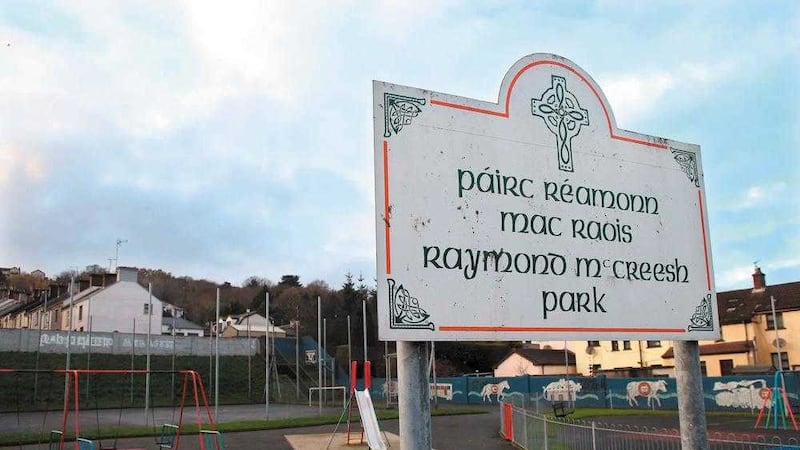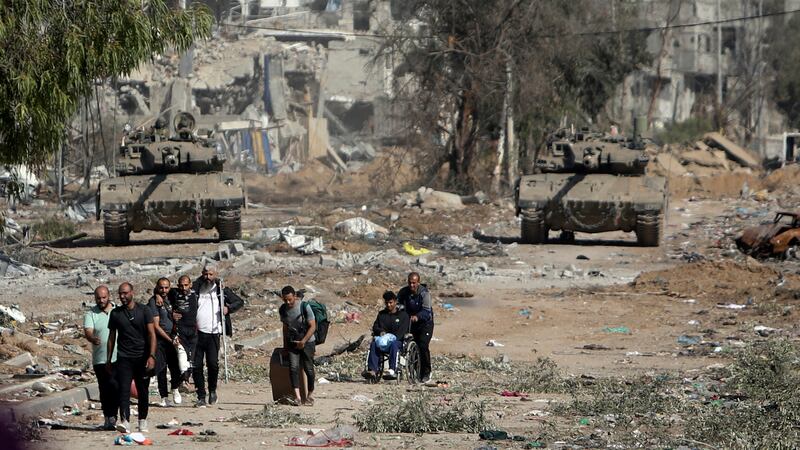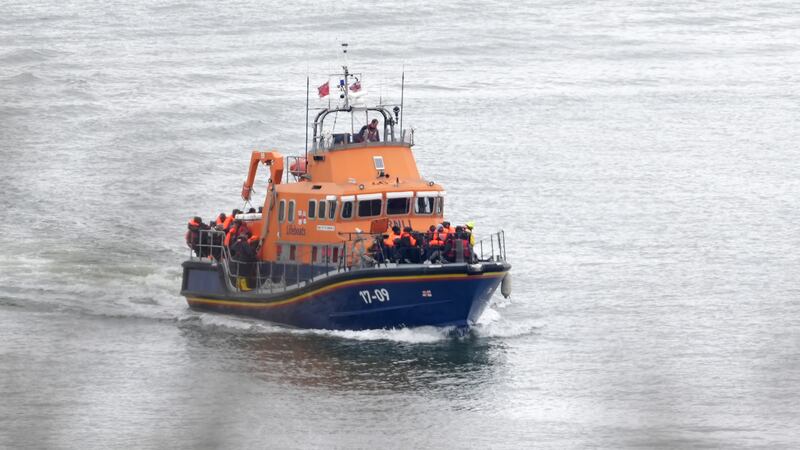A COUNCIL and the Equality Commission are to contest a grandmother's legal action against them over naming a playground after an IRA hunger striker, the High Court has heard.
Bea Worton is challenging the decision to continue to call the park in Newry after Raymond McCreesh.
The 88-year-old's son Kenneth was one of 10 people massacred by the IRA at Kingsmill, south Amagh in 1976.
Her legal team were due to commence judicial review proceedings against the Commission and Newry, Mourne and Down District Council on Friday.
But the case has been put on hold due to other commitments of some lawyers involved.
Seeking an adjournment on Monday barrister Paul McLaughlin confirmed there will be legal arguments over the merits of the challenge.
He told Mr Justice Maguire: "The Worton case is one where leave (to apply for judicial review) will be opposed by the Council, and also opposed by the Equality Commission."
David Scoffield QC, for Mrs Worton, said his client and possibly others were planning to attend court for the hearing.
However, the judge agreed to adjourn the hearing and urged all sides to come up with a new date within the next two to three weeks.
Part of the case involves a claim that the council naming process breached its own equality scheme and Section 75 of the Equality Act.
The Equality Commission, according to the applicant, should have found against the local authority and referred the matter to the Secretary of State.
Controversy has continued to surround the park since councillors voted to retain the name in February last year.
McCreesh, from Camlough in south Armagh, was one of 10 IRA prisoners who died in the hunger strike in the Maze Prison in 1981.
His convictions included attempted murder, conspiracy to murder, possession of firearms with intent to endanger life and IRA membership.
He was captured in June 1976, reportedly in possession of a rifle used in the Kingsmill massacre five months earlier.








